To Become Your Best Self: The Best Books To Read For Self-Improvement
Anything you do in an attempt to improve yourself is self-improvement. Volunteering at a homeless shelter, going to college, learning to meditate - all of these things can lead to self-improvement. Often, self-improvement and self-help are used interchangeably. The improvement part of this word originally meant "making money with something," but by the 1640s it came to mean "the act of making better."
Critics of self-help believe that its current popularity is part of an all-pervasive neoliberal imperative to maximize efficiency. They see it as a sinister plot to direct all responsibility for our wellbeing back upon ourselves. Self-help, they feel, casts all our problems as personal, and our failures as owing to a lack of willpower and resilience, when they are in fact caused by the politics of capitalism. But while this may be true of some self-help, the idea of self-improvement has a long and rich history, extending back to ancient wisdom traditions, according to The Guardian. Take a look at these best books used for self-improvement.
1. Meditations by Marcus Aurelius
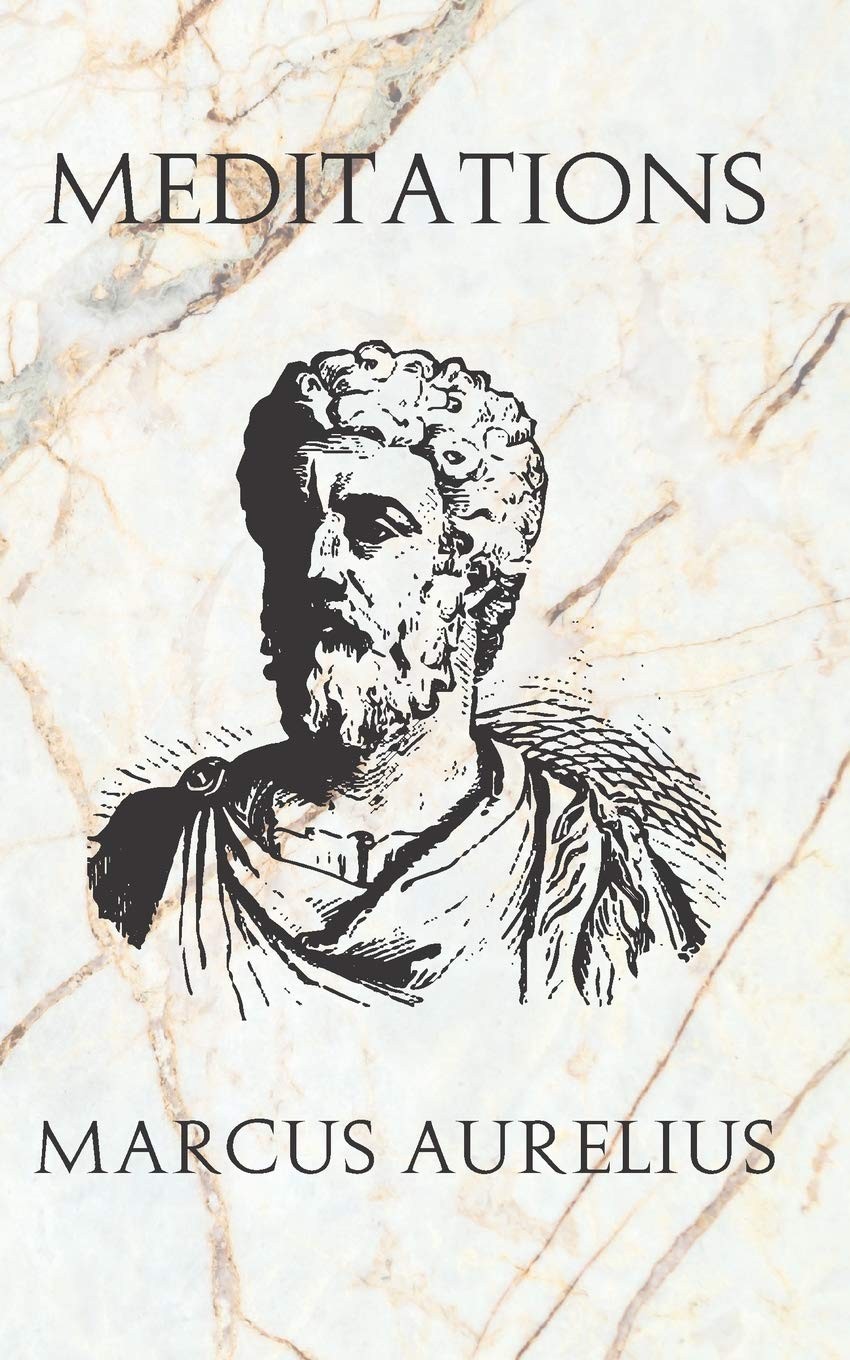 |
| Photo: Amazon |
This is a book of actionable advice and its teachings were meant to be practiced and used. When Marcus speaks of the certainty of death and how relatively soon it will come, he is not idly philosophizing. He is recommending that this fact advise our decision-making and how we view the events in our lives. Instead of theorizing about what we should do if either there is a guiding intelligence in the universe, or if everything is just atoms, he prescribes one viewpoint that typically follows Stoic thinking, and explains why both possible truths would lead to the same best actions and beliefs.
The first book of Meditations consists of Marcus thanking the people who had a positive influence on his life, with a focus on those who instilled in him traits characteristic of a good Stoic. These include valuing reason above all else, not being absorbed by petty things, limiting passions and desires, sober decision-making followed by firm commitment to the choice made, honesty and never being secretive, cheerfulness in the face of obstacles, and avoiding superstition and the influence of sophistry. The character traits he lists throughout this first book include many examples worth following and ought to be paid close attention to.
2. The Happiness Trap by Russ Harris (2007)
 |
| Photo: Rakuten Kobo |
What if almost everything we believed about finding happiness turned out to be inaccurate, misleading, or false? And what if those very beliefs were making us miserable? What if our efforts to find happiness were actually preventing it? A growing body of scientific research suggests that we are all caught in a powerful psychological trap: a vicious cycle, whereby the more we strive for happiness, the more we suffer. This book provides an escape from ‘the happiness trap’, via a revolutionary new development in human psychology: a powerful model for change, known as Acceptance and Commitment Therapy (ACT). ACT helps people to create a rich, full and meaningful life, whilst effectively handling the pain that inevitably comes with it. It achieves this through the use of six powerful principles, which are very different to the ‘common-sense’ strategies suggested in most self-help books. ACT has been clinically proven to be highly effective in a wide range of psychological disorders, ranging from depression and anxiety to drug addiction and schizophrenia. It is no exaggeration to say that ACT is changing the very face of western psychology — and it was recently written up as a major feature article in ‘Time’ magazine. Interestingly, although ACT is based on cutting-edge psychological research into human cognition, it has many parallels with ancient eastern philosophy. This book shows you how to apply ACT in your own life to increase self-awareness, develop emotional intelligence, enhance relationships, create a sense of meaning and purpose, access a transcendent sense of self, and fundamentally transform painful thoughts and feelings so they have much less impact and influence over your life.
3. The 7 Habits of Highly Effective People by Stephen. R. Covey
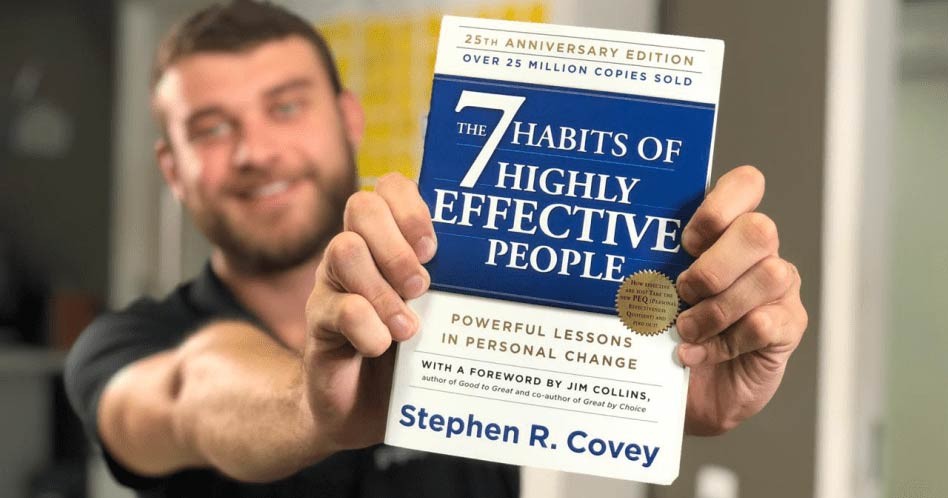 |
| Photo: PocketBook4you |
The 7 Habits of Highly Effective People, first published in 1989, is a business and self-help book written by Stephen R. Covey. Covey presents an approach to being effective in attaining goals by aligning oneself to what he calls "true north" principles based on a character ethic that he presents as universal and timeless.
Covey defines effectiveness as the balance of obtaining desirable results with caring for that which produces those results. He illustrates this by referring to the fable of the goose that laid the golden eggs. He further claims that effectiveness can be expressed in terms of the P/PC ratio, where P refers to getting desired results and PC is caring for that which produces the results.
Covey's best-known book has sold more than 25 million copies worldwide since its first publication. The audio version became the first non-fiction audio-book in U.S. publishing history to sell more than one million copies. Covey argues against what he calls the personality ethic, that he sees as prevalent in many modern self-help books. He promotes what he labels the character ethic: aligning one's values with so-called universal and timeless principles. In doing this, Covey distinguishes principles and values. He sees principles as external natural laws, while values remain internal and subjective. Our values govern our behavior, while principles ultimately determine the consequences. Covey presents his teachings in a series of habits, manifesting as a progression from dependence through independence on to interdependence.
4. Altruism: The Science and Psychology of Kindness by Matthieu Ricard (2015)
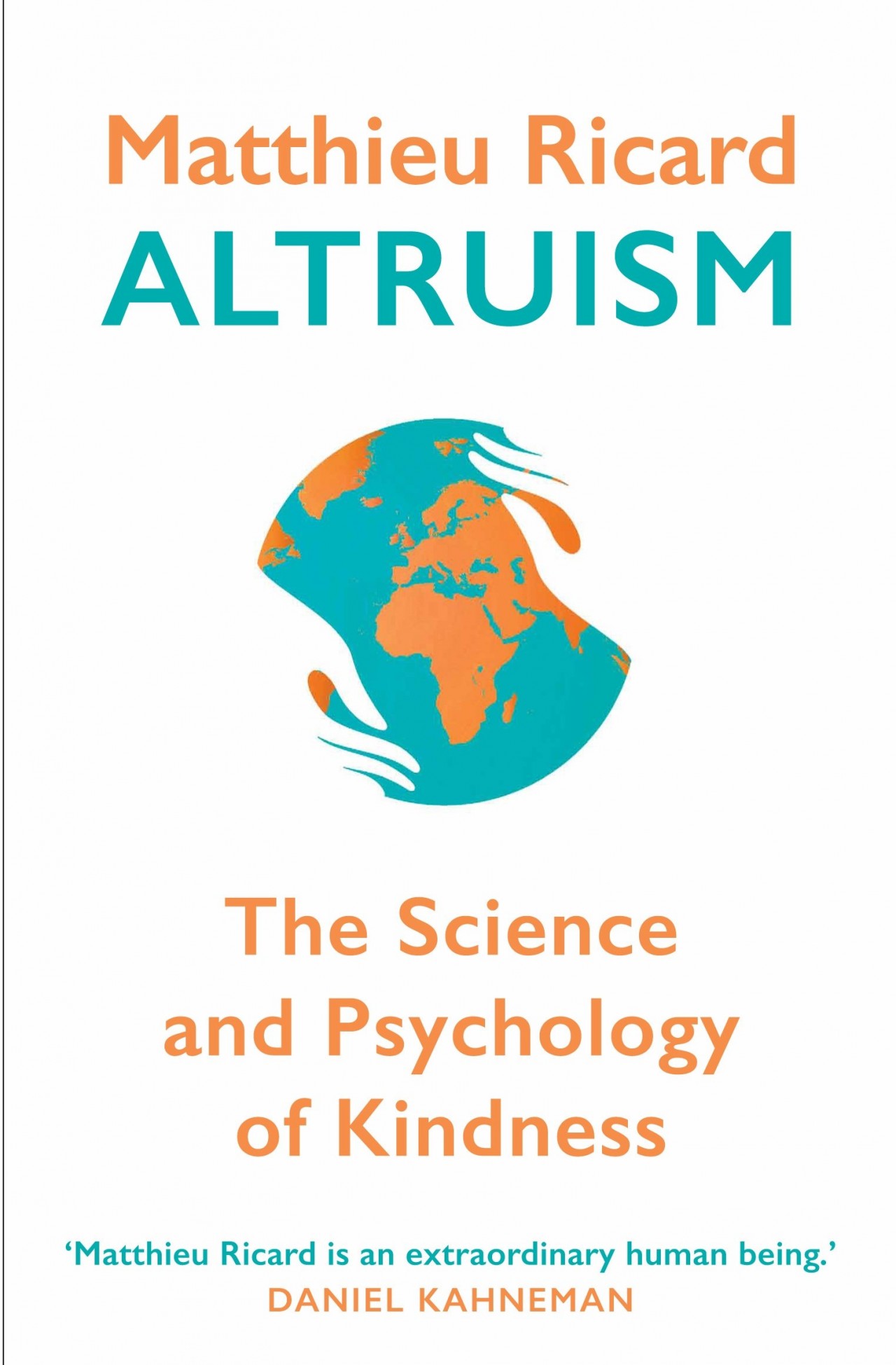 |
| Photo: Amazon |
In Happiness, Matthieu Ricard demonstrated that true happiness is not tied to fleeting moments or sensations, but is an enduring state of soul rooted in mindfulness and compassion for others. Now he turns his lens from the personal to the global, with a rousing argument that altruism - genuine concern for the well-being of others - could be the saving grace of the 21st century.
Altruism is, he believes, the vital thread that can answer the main challenges of our time: the economy in the short term, life satisfaction in the mid-term, and environment in the long term. Ricard's message has been taken up by major economists and thinkers, including Dennis Snower, Amartya Sen, Joseph Stiglitz, and George Soros.
Matthieu Ricard makes a robust and passionate case for cultivating altruistic love and compassion as the best means for simultaneously benefitting ourselves and our society. It's a fresh outlook on an ardent struggle - and one that just might make the world a better place.
5. Walden by Henry David Thoreau (1854)
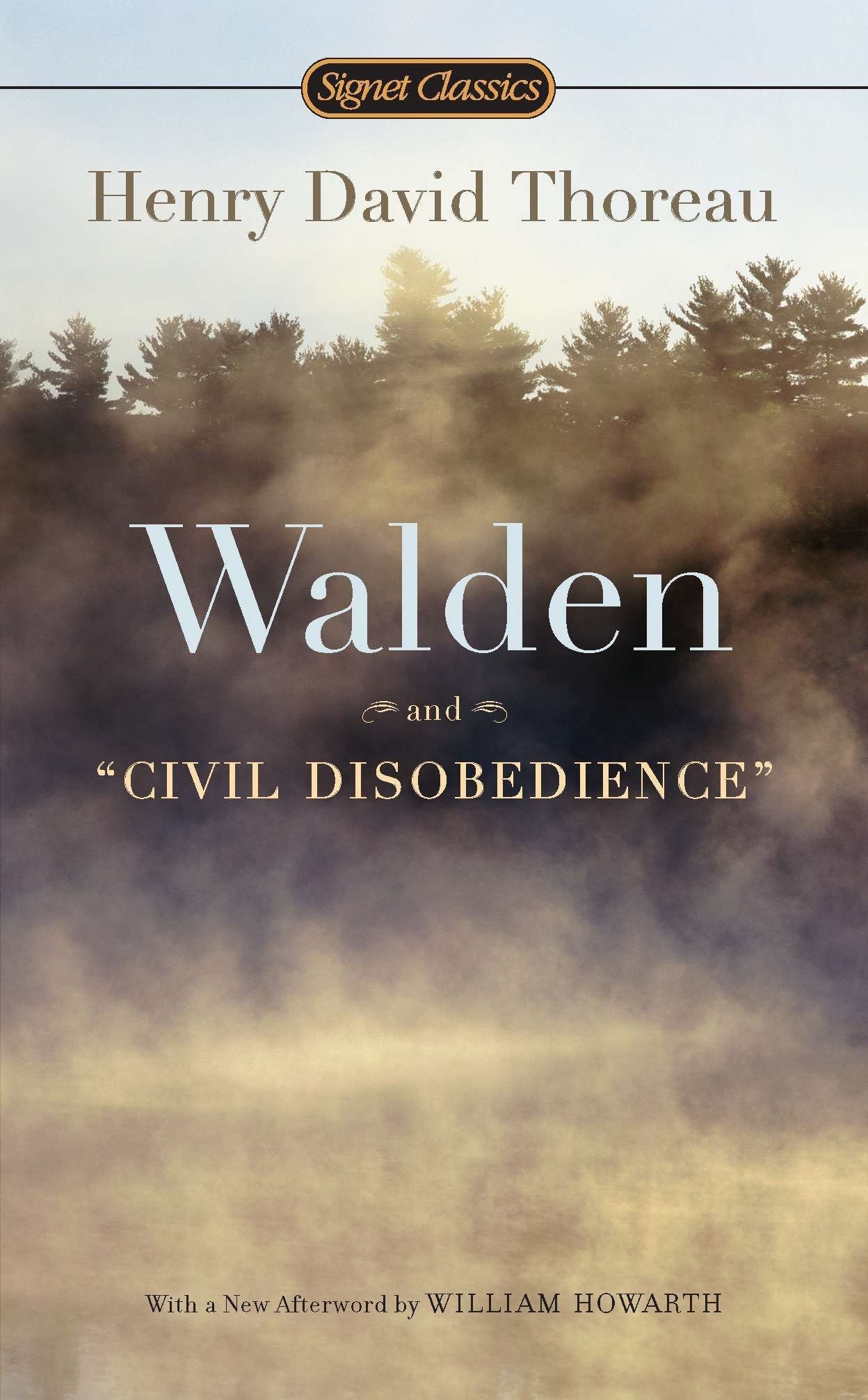 |
| Photo: Amazon |
Walden (first published in 1854 as Walden; or, Life in the Woods) is a book by American transcendentalist writer Henry David Thoreau. The text is a reflection upon simple living in natural surroundings. The work is part personal declaration of independence, social experiment, voyage of spiritual discovery, satire, and—to some degree—a manual for self-reliance.
Walden details Thoreau's experiences over the course of two years, two months, and two days in a cabin he built near Walden Pond amidst woodland owned by his friend and mentor Ralph Waldo Emerson, near Concord, Massachusetts.
Thoreau makes precise scientific observations of nature as well as metaphorical and poetic uses of natural phenomena. He identifies many plants and animals by both their popular and scientific names, records in detail the color and clarity of different bodies of water, precisely dates and describes the freezing and thawing of the pond, and recounts his experiments to measure the depth and shape of the bottom of the supposedly "bottomless" Walden Pond.
6. The Attention Revolution by Alan Wallace
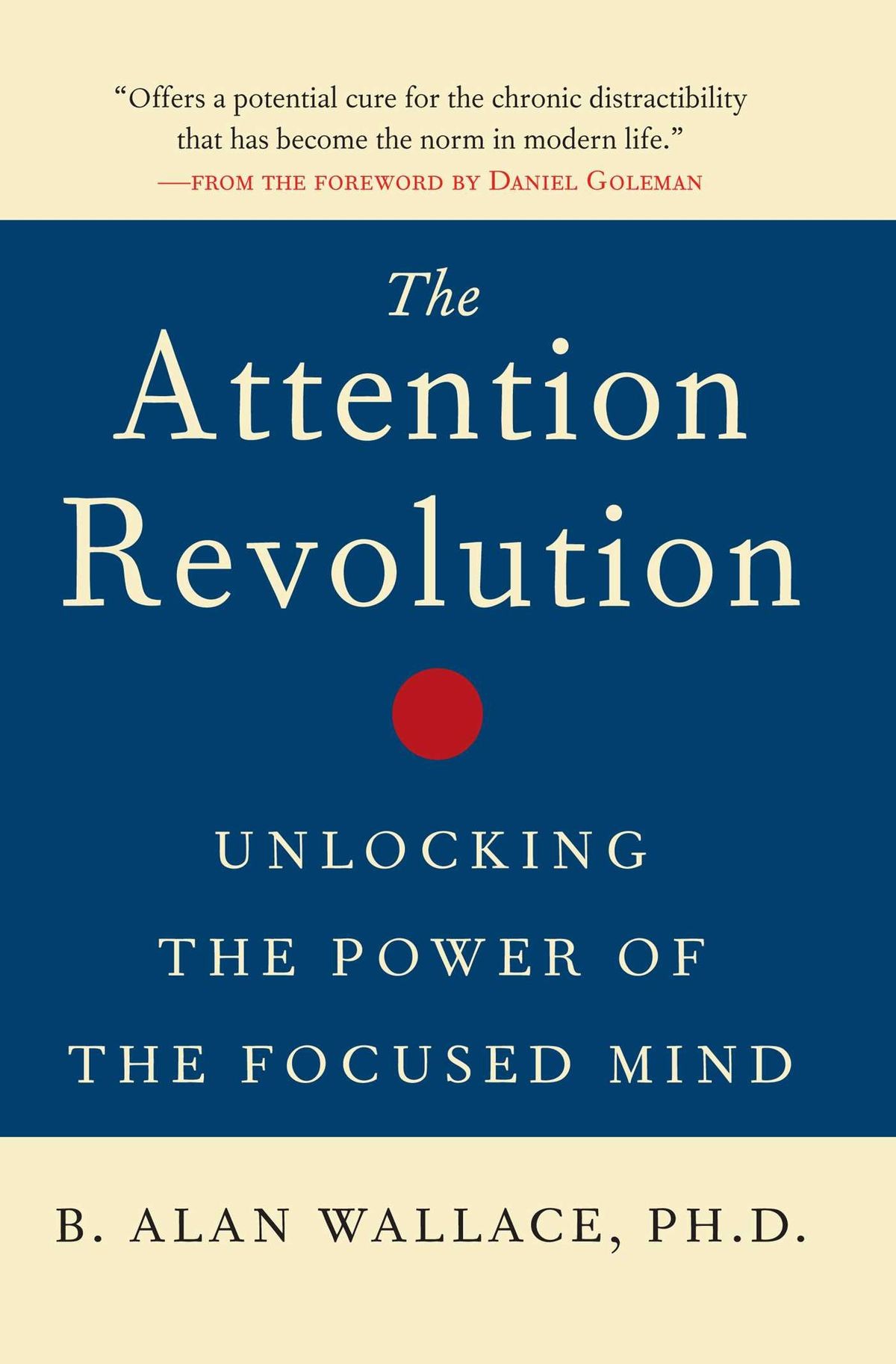 |
| Photo: Amazon |
B. Alan Wallace has had a meditation practice for 30 years and has been an active participant in the dialogues about the mind between Buddhists and scientists. He states: "Few things affect our lives more than our faculty of attention. If we can't focus our attention — due to either agitation or dullness — we can't do anything well. We can't study, listen, converse with others, work, play, or even sleep well when our attention is impaired. And for many of us, our attention is impaired much of the time."
The mind falls into two ruts, excitation and laxity, and both are hindrances to attentional development. Wallace reveals the value of meditation techniques developed in India and Tibet and explains why he is convinced they can help us all improve the faculty of attention. With great élan and rigor, the author explores the ten stages of attentional development from directed attention all the way to shamatha, the last stage which may require 10,000 hours of practice. Wallace also includes interludes on the meditative cultivation of loving-kindness, compassion, empathetic joy, equanimity, tonglen (giving and taking), lucid dreaming, and dream yoga. Along the way, he offers cogent observations on genuine happiness as a symptom of a healthy, balanced mind.
7. Grit by Angela Duckworth (2017)
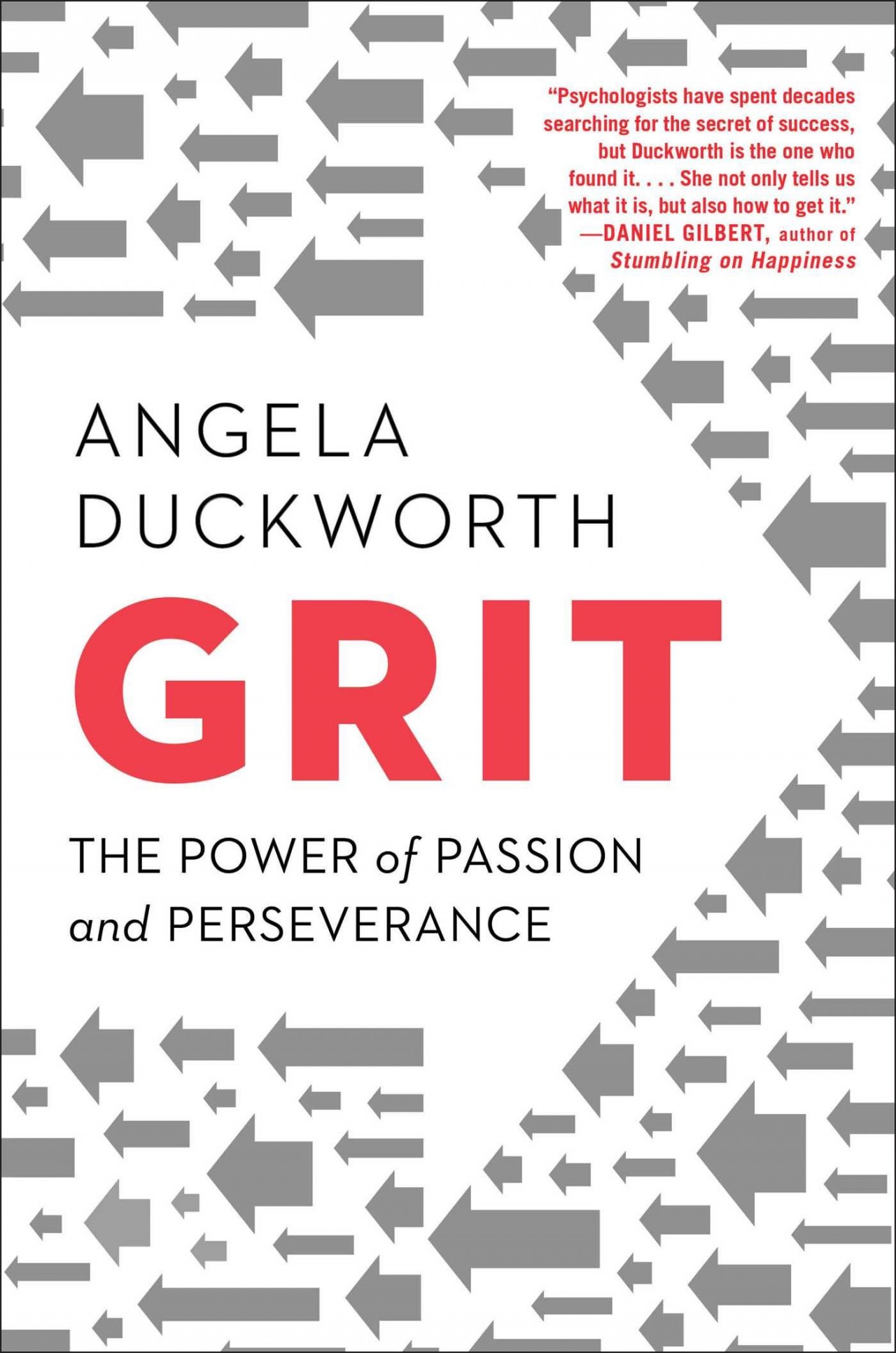 |
| Photo: Marler's Observatory |
Why do naturally talented people frequently fail to reach their potential while other far less gifted individuals go on to achieve amazing things? The secret to outstanding achievement is not talent, but a passionate persistence. In other words, grit.
MacArthur Genius Award-winning psychologist Angela Duckworth shares fascinating new revelations about who succeeds in life and why. Based on her cutting-edge research, Duckworth shows how many people achieve remarkable things not just by relying on innate natural talent, but by practising what she calls grit. She then offers a Grit Formula to help anyone to become more gritty, focusing on six key factors: hope, effort, precision, passion, ritual and prioritisation. She reveals:
- Why people who test high for talent often fail to achieve their potential, and why people who do not test high for talent often "overachieve" what others expect them to do
- How grit can be learned, whatever your IQ or circumstances
- Why stubbornness is a key characteristic of gritty people
- When to be stubborn and when giving up is the grittiest thing you can do
- How gritty people found their passion, and you can find yours
- How gritty experts practise, and how you can do the same in your own life
- What the people who care about you can do to boost your grit when you need it most
- How grit is cultivated in the highest-performing sports teams, companies and schools
 | Top 10 Best Cosy Crime Novels If you are looking for a warm Christmas night alone, sipping a hot cup of cocoa, and enjoying your time reading, these cosy mysteries in ... |
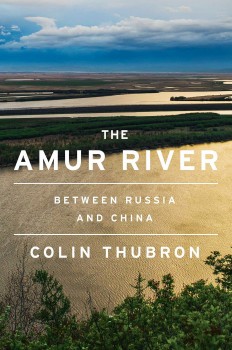 | 9 Best Books About Travel In 2021 With Covid-19 keeping us from traveling and exploring new destinations, these books will help you satisfy your craving for flying around the world. |
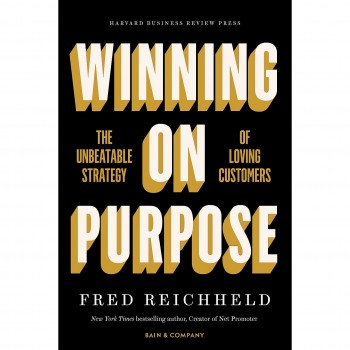 | Best Business Books in 2021 This post is for you if you enjoy reading business books or are looking for a good one. |
Recommended
 Handbook
Handbook
Vietnam Moves Up 8 Places In World Happiness Index
 Handbook
Handbook
Travelling Vietnam Through French Artist's Children Book
 Multimedia
Multimedia
Vietnamese Turmeric Fish among Best Asian Dishes: TasteAtlas
 Handbook
Handbook
From Lost to Found: German Tourist Thanks Vietnamese Police for Returning His Bag
 Handbook
Handbook
Prediction and Resolution for the Disasters of Humanity
 Handbook
Handbook
16 French Films To Be Shown For Free During Tet Holiday In Vietnam
 Handbook
Handbook
Unique Cultural and Religious Activities to Welcome Year of the Snake
 Handbook
Handbook


